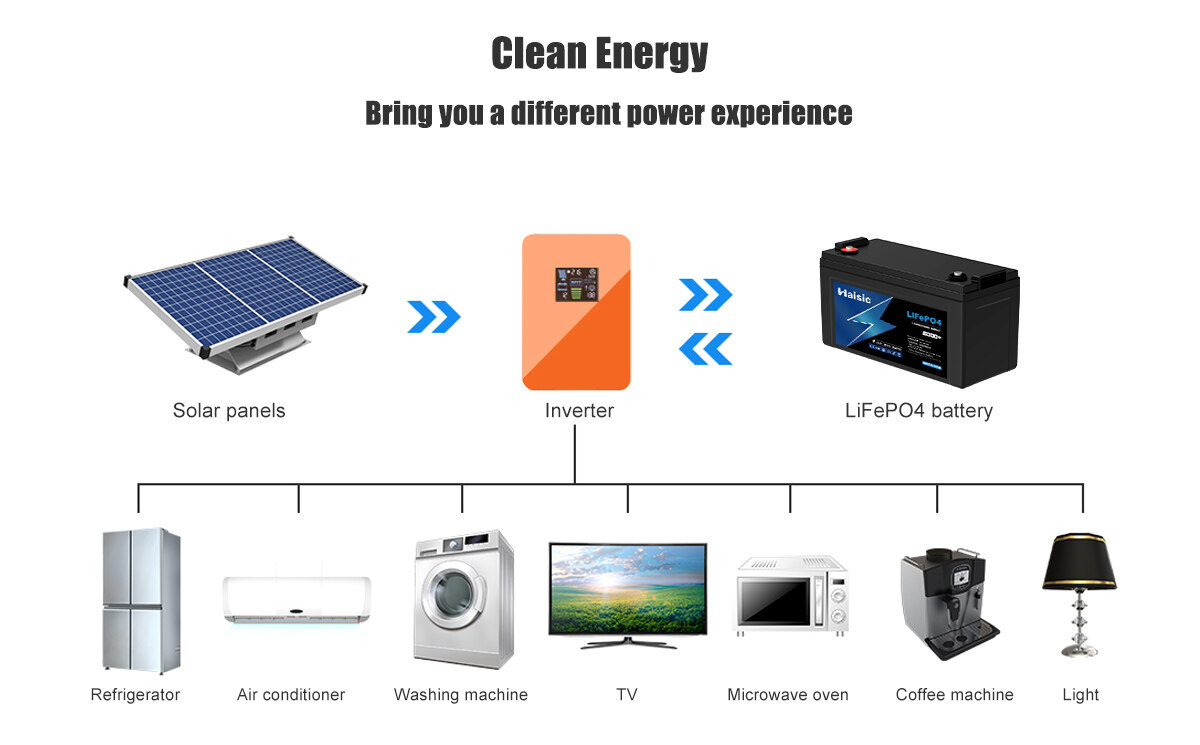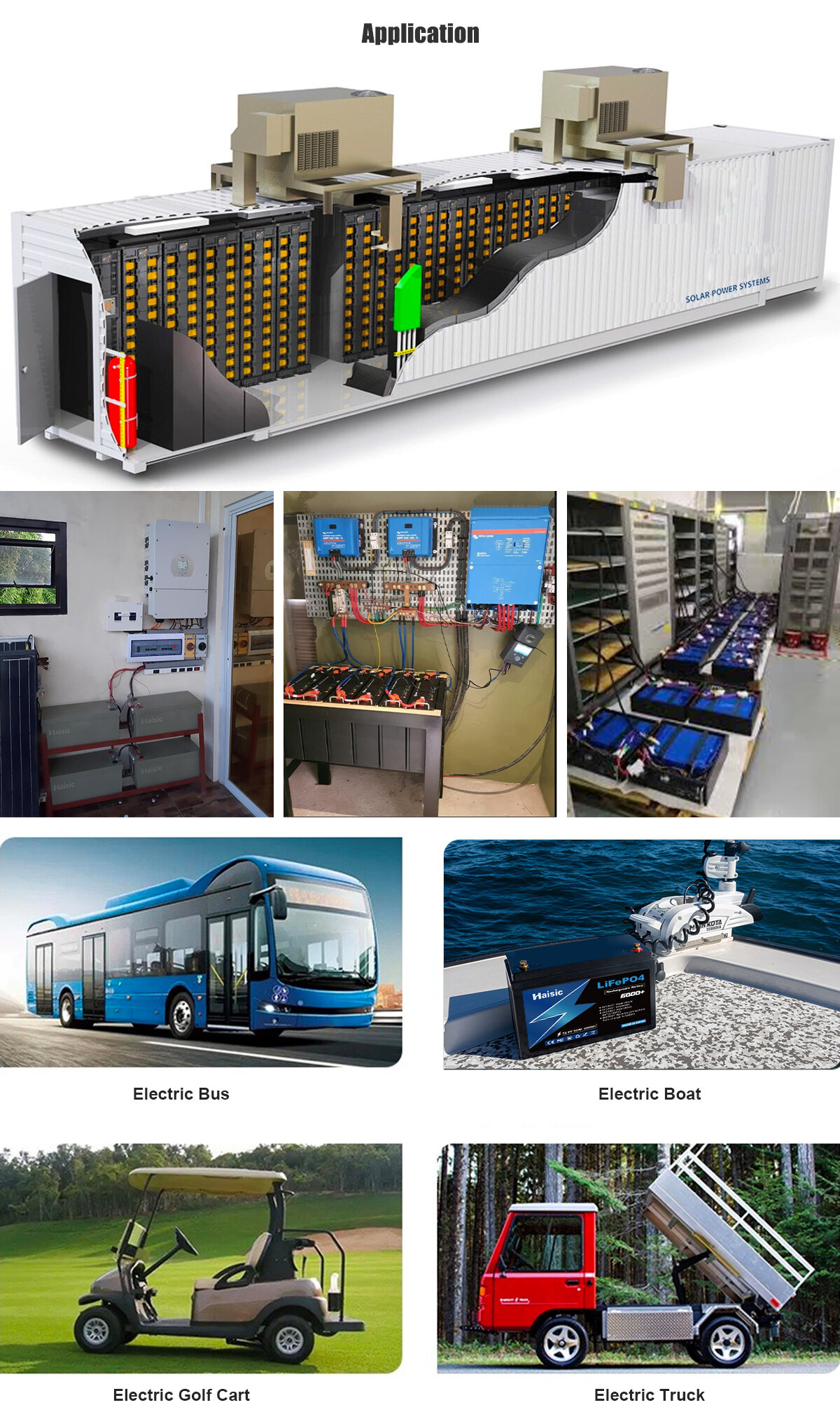Email format error
Email cannot be empty
Email already exists
6-20 characters(letters plus numbers only)
The password is inconsistent
Email format error
Email cannot be empty
Email does not exist
6-20 characters(letters plus numbers only)
The password is inconsistent

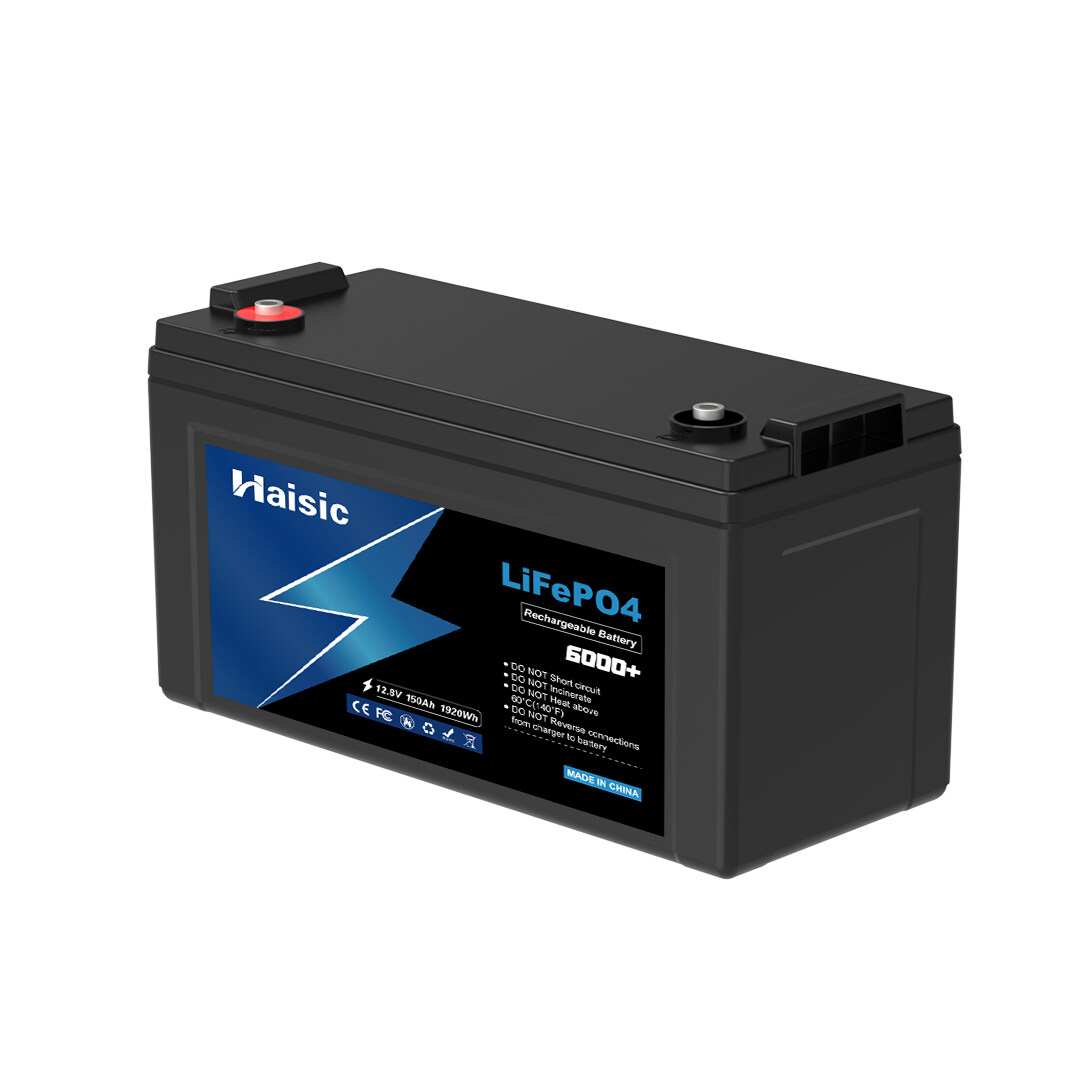
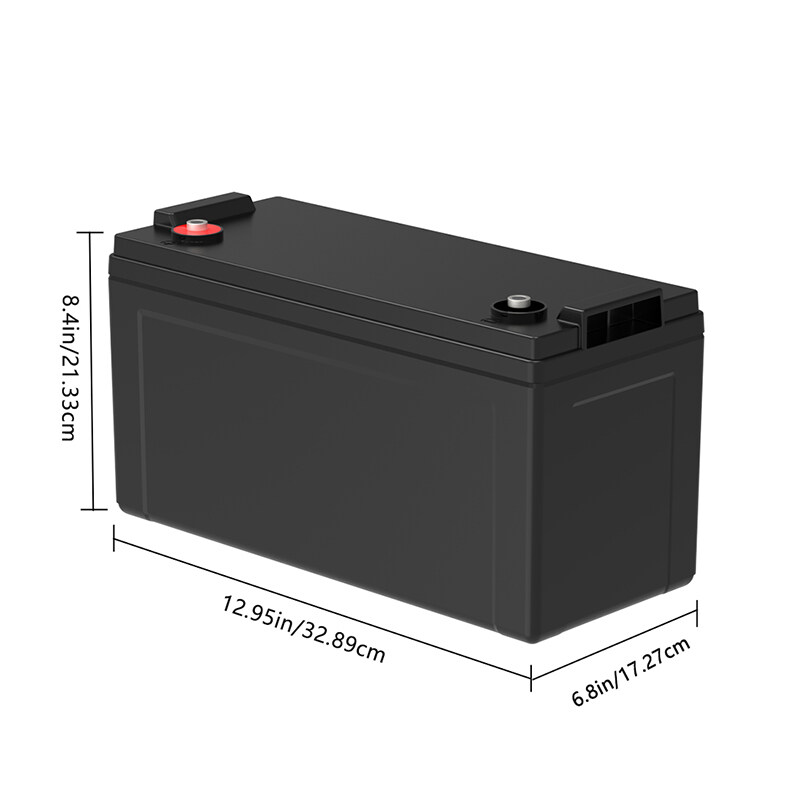
Solar LiFePo4 battery applications are undoubtedly primarily in the direction of energy storage, as evidenced by the various advantages demonstrated in the preceding comparison; if the energy density, discharge multiplier, and other aspects are improved, lithium iron solar phosphate will become the family energy storage choice!
Product Characteristics
Solar LiFePo4 battery technology features and economics, on the other hand, are just right for the home energy storage market scenario. Specifically.
1. solar LiFePo4 battery voltage is moderate: nominal voltage 3.2V, termination charging voltage 3.6V, termination discharge voltage 2.0V.
2. high theoretical capacity, with an energy density of 170mAh/g.
3. good thermal stability and high-temperature resistance.
4. moderate energy storage, cathode material compatible with most electrolyte systems.
5. termination voltage of 2.0V, which can discharge more capacity, large and balanced discharge.
6. Good voltage platform characteristics, and the balance of its charging and discharging voltage platform can be close to that of a regulated power supply.
The above technical features make high power and safety ideal to achieve, which strongly promotes the application of large-scale LiFePo4 batteries.
In addition to technical characteristics, LiFePo4 batteries have two marketable advantages: 1. cheap raw materials, and abundant resources; 2. does not contain precious metals, are non-toxic, and
are an environmentally friendly product. This makes lithium iron phosphate battery applications in the current new energy vehicle market shine, and become the preferred energy storage technology
for home solar storage systems.
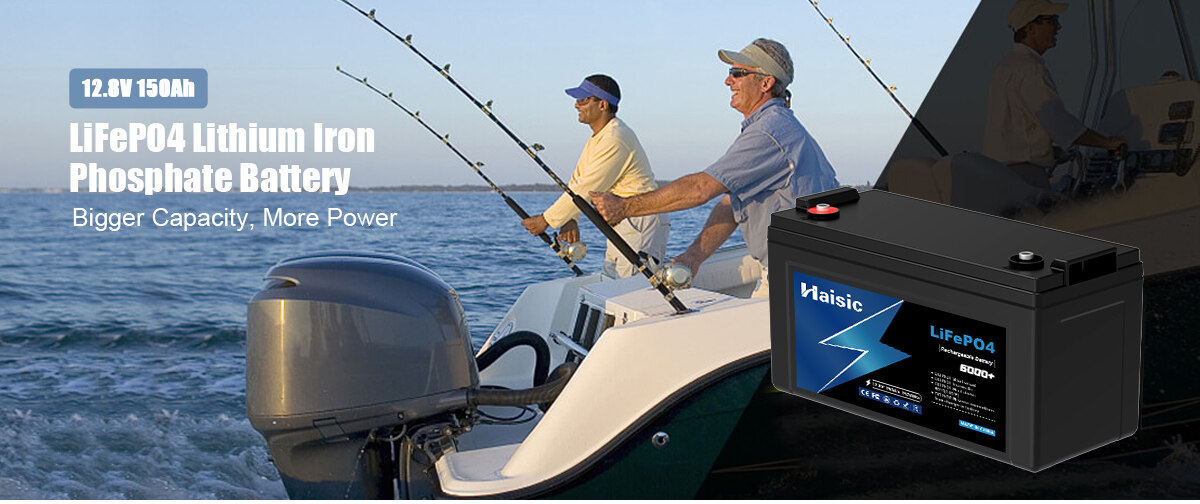
Product parameters
| Model | HS-12.8V150Ah |
| Application area | Outdoor and indoor UPS and battery back up systems; Portable and cordless household appliances; Medical equipment; Motorcycles, toy cars; Camping trailers, RVs, etc. Lighting equipment, emergency lights, etc. And many other applications |
| Cell Type | LiFePO4 |
| Volt | 12.8V |
| Capacity | 150Ah |
| Charge Voltage | 14.6V |
| Maximum Continuous Charging | 150A |
| Maximum Continuous Discharge Current | 150A |
| Weight | 13.46KG |
| Size | 329*173*214mm |
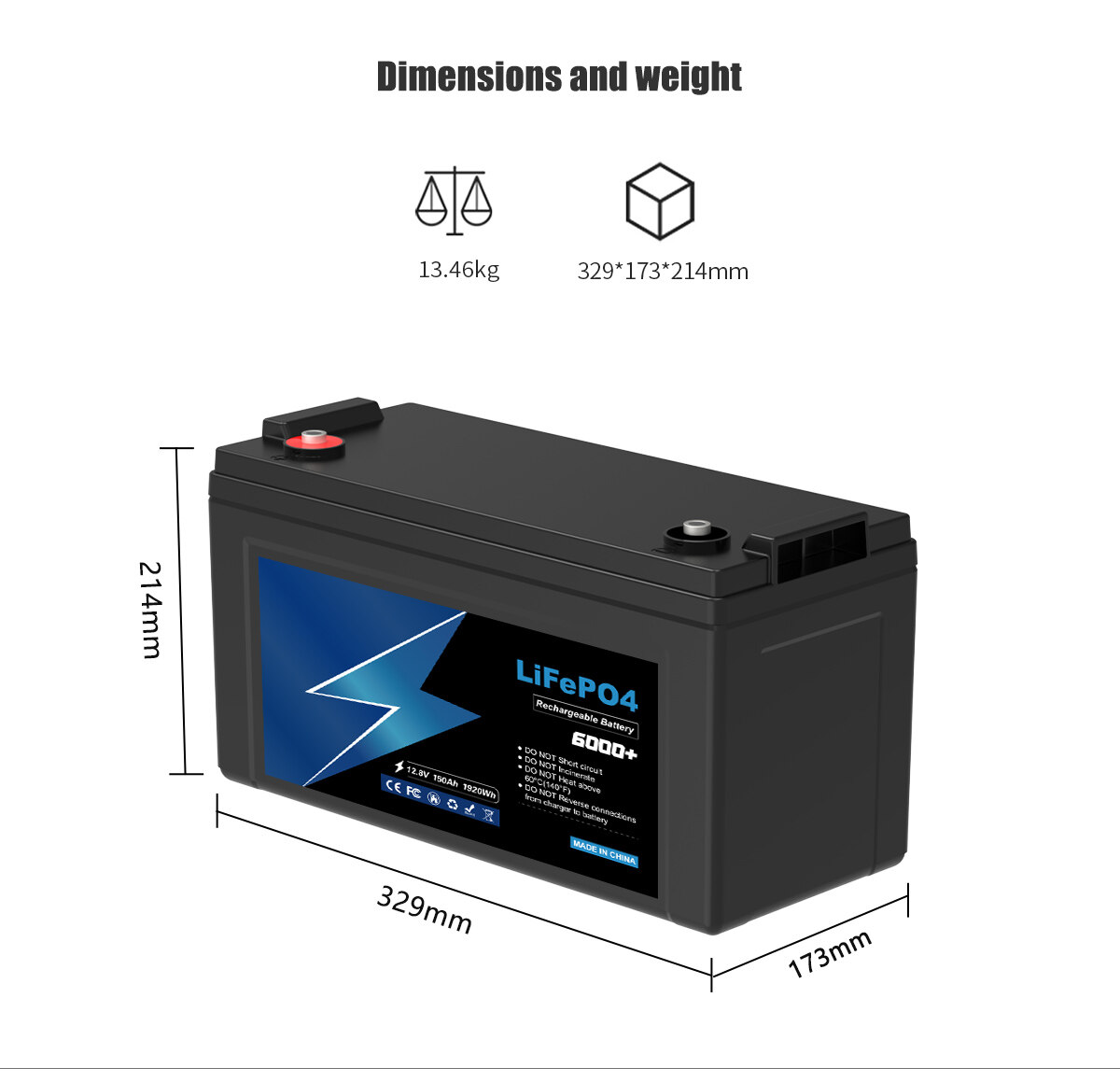
Solar LiFePo4 Batteries Compared to Lead-acid Batteries Have Many Advantages
1. Large capacity. The monomer can be made into 5Ah ~ 1000 Ah (1 Ah = 1000m Ah), while the lead-acid battery 2V monomer is usually 100Ah ~ 150 Ah, the change range is small.
2. Lightweight. The same capacity of solar LiFePo4 battery volume is 2/3 of the volume of lead-acid batteries, the weight is 1/3 of the latter.
3. Fast charging capability. Solar LiFePo4 battery charging current up to 1C, to achieve a large rate of charging; lead-acid battery current is generally required between 0.1C ~ 0.2C, can not reach fast charging performance.
4. Environmental protection. Lead-acid batteries exist in large quantities of heavy metals - lead, producing waste liquid, while solar LiFePo4 batteries do not contain any heavy metals and have no pollution in the production and use.
5. High-cost performance. Although lead-acid batteries due to their cheap materials, the acquisition cost is lower than solar LiFePo4 batteries, and the service life and routine maintenance of the economy are lower than solar LiFePo4 batteries.
Practical application results show that: solar lithium iron phosphate battery is more than four times the cost performance of lead-acid batteries.
Solar LiFePo4 battery applications are certainly mainly in the direction of energy storage, which is determined by the various advantages shown in the above comparison, if the energy density and discharge multiplier and other aspects and then do something to improve, lithium iron solar phosphate will become the family energy storage choice!
